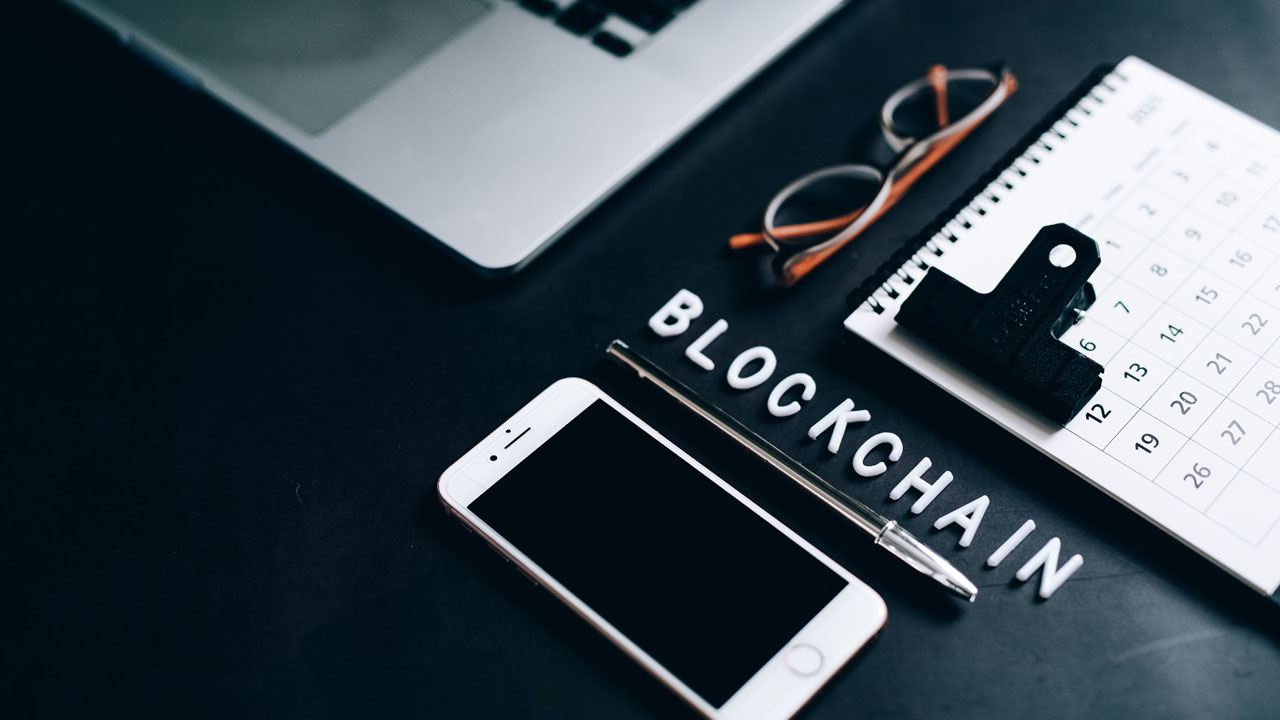Blockchain technology, once synonymous with cryptocurrencies, has transcended its original purpose and is now making waves across various industries. As businesses seek innovative ways to enhance data integrity, traceability, and security in software applications, blockchain has emerged as a transformative solution. This article delves into the intersection of blockchain and quality assurance, exploring how this dynamic combination can drive business development by offering unique benefits and discussing testing strategies to ensure the reliability of blockchain-based systems.
Blockchain’s Ascension Across Industries
Blockchain, the decentralized and distributed ledger technology, has evolved beyond its cryptocurrency origins. It has found applications in sectors such as finance, supply chain management, healthcare, and more. The technology’s foundational principles—immutability, transparency, and decentralization—empower businesses to create tamper-proof records, track assets, and establish trust in an increasingly digitized world.
Enhancing Data Integrity and Traceability
One of the core advantages of blockchain technology is its ability to enhance data integrity and traceability. Each data entry, or “block,” is cryptographically linked to the previous one, forming an unbreakable chain. This architecture ensures that once data is recorded, it cannot be altered retroactively without consensus from the network participants. Consequently, businesses can achieve unprecedented levels of data accuracy and reliability.
In industries like supply chain management, blockchain enables end-to-end traceability, allowing stakeholders to track the journey of goods from origin to destination. This not only prevents fraud and counterfeiting but also ensures compliance with regulatory standards. By discussing how blockchain-powered traceability assures data integrity, businesses can demonstrate their commitment to delivering trustworthy solutions to clients.
Elevating Security in Software Applications
Blockchain’s robust security features are particularly appealing in an era of escalating cyber threats. Traditional centralized databases are vulnerable to single points of failure, making them susceptible to attacks. In contrast, blockchain’s decentralized nature and consensus mechanisms make it highly resistant to hacking and unauthorized alterations. This level of security is especially critical for sensitive data, such as personal information and financial transactions.
By incorporating blockchain into software applications, businesses can assure clients that their data is stored in a secure and tamper-proof environment. Discussing the security advantages of blockchain-backed systems can resonate with clients who prioritize data protection, fostering a sense of trust and bolstering business development efforts.
Testing Strategies for Reliable Blockchain-Based Systems
As businesses embrace blockchain for its potential benefits, it becomes imperative to ensure the reliability of blockchain-based systems through comprehensive quality assurance practices. Testing strategies must align with the unique characteristics of blockchain technology to mitigate potential risks. Here are key testing strategies for ensuring the effectiveness of blockchain-based systems:
Smart Contract Testing: Smart contracts are self-executing agreements with predefined conditions. Testing these contracts for accuracy, functionality, and security is paramount. Techniques such as static analysis, boundary value analysis, and code reviews can help identify vulnerabilities and ensure the reliability of smart contracts.
Consensus Mechanism Testing: Different blockchain platforms employ diverse consensus mechanisms (e.g., Proof of Work, Proof of Stake). Testing the chosen consensus mechanism under various scenarios ensures that it functions as intended, maintaining the integrity of the blockchain network.
Performance and Scalability Testing: Blockchain networks must handle high transaction volumes. Performance testing evaluates how a system performs under stress, while scalability testing determines its ability to accommodate growing demands. Ensuring optimal performance and scalability enhances user experience and client satisfaction.
Security Penetration Testing: Just as with any software system, security vulnerabilities can exist in blockchain networks. Regular penetration testing helps identify weaknesses and ensures that the network remains resilient against potential attacks.
Interoperability Testing: In multi-blockchain or hybrid environments, interoperability testing verifies seamless communication between different blockchain platforms. This testing approach guarantees that data can flow smoothly across interconnected systems.
Regulatory Compliance Testing: Depending on the industry, blockchain systems may need to adhere to specific regulatory standards. Ensuring compliance through rigorous testing is crucial to avoid legal complications and regulatory penalties.
Conclusion
Blockchain technology represents a revolutionary shift in how businesses handle data integrity, traceability, and security. By exploring the ways blockchain enhances software applications and discussing testing strategies to ensure the reliability of blockchain-based systems, organizations can position themselves as pioneers in adopting forward-looking solutions. Demonstrating a commitment to data integrity, security, and innovation not only fosters client trust but also lays a strong foundation for business development in a rapidly evolving technological landscape. As blockchain continues to gain traction, its integration with quality assurance practices will play an instrumental role in shaping the future of software development and client retention.



